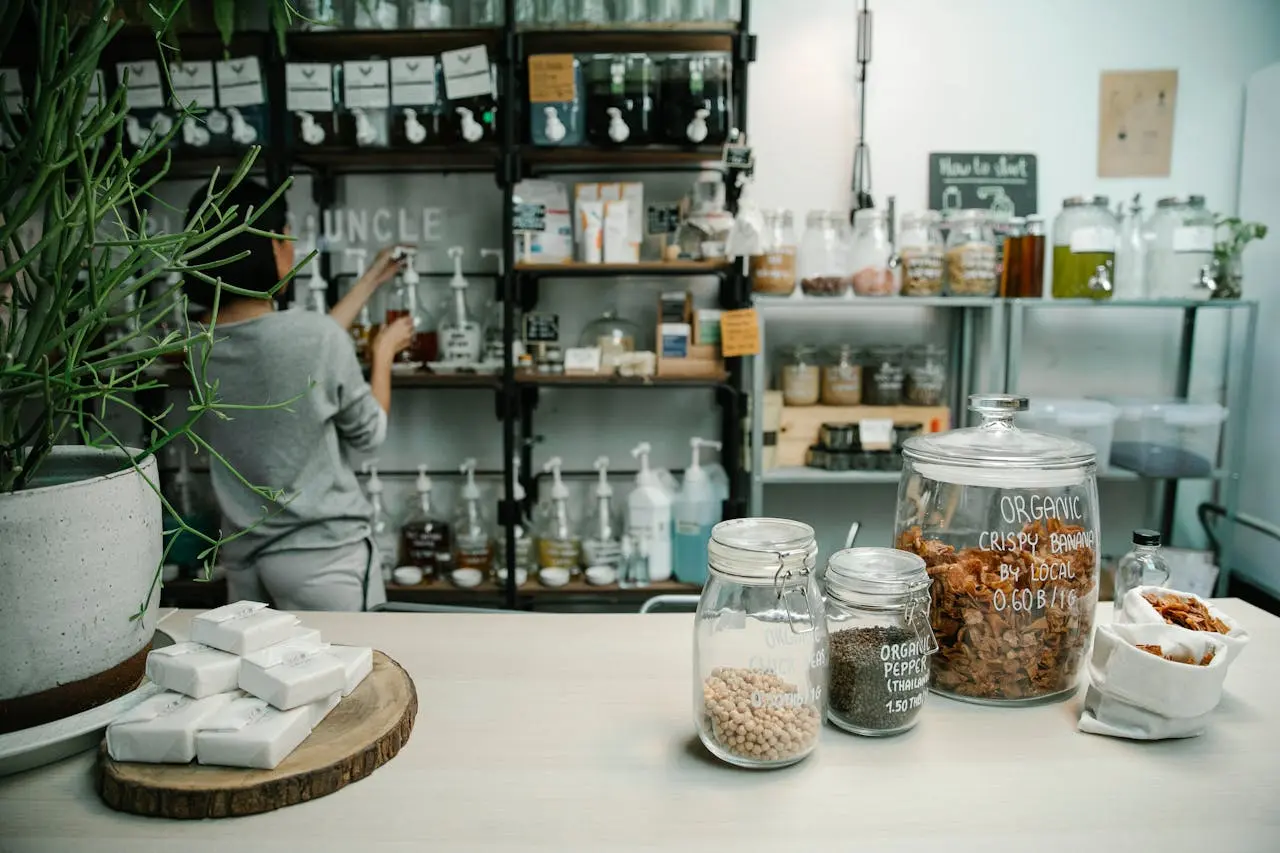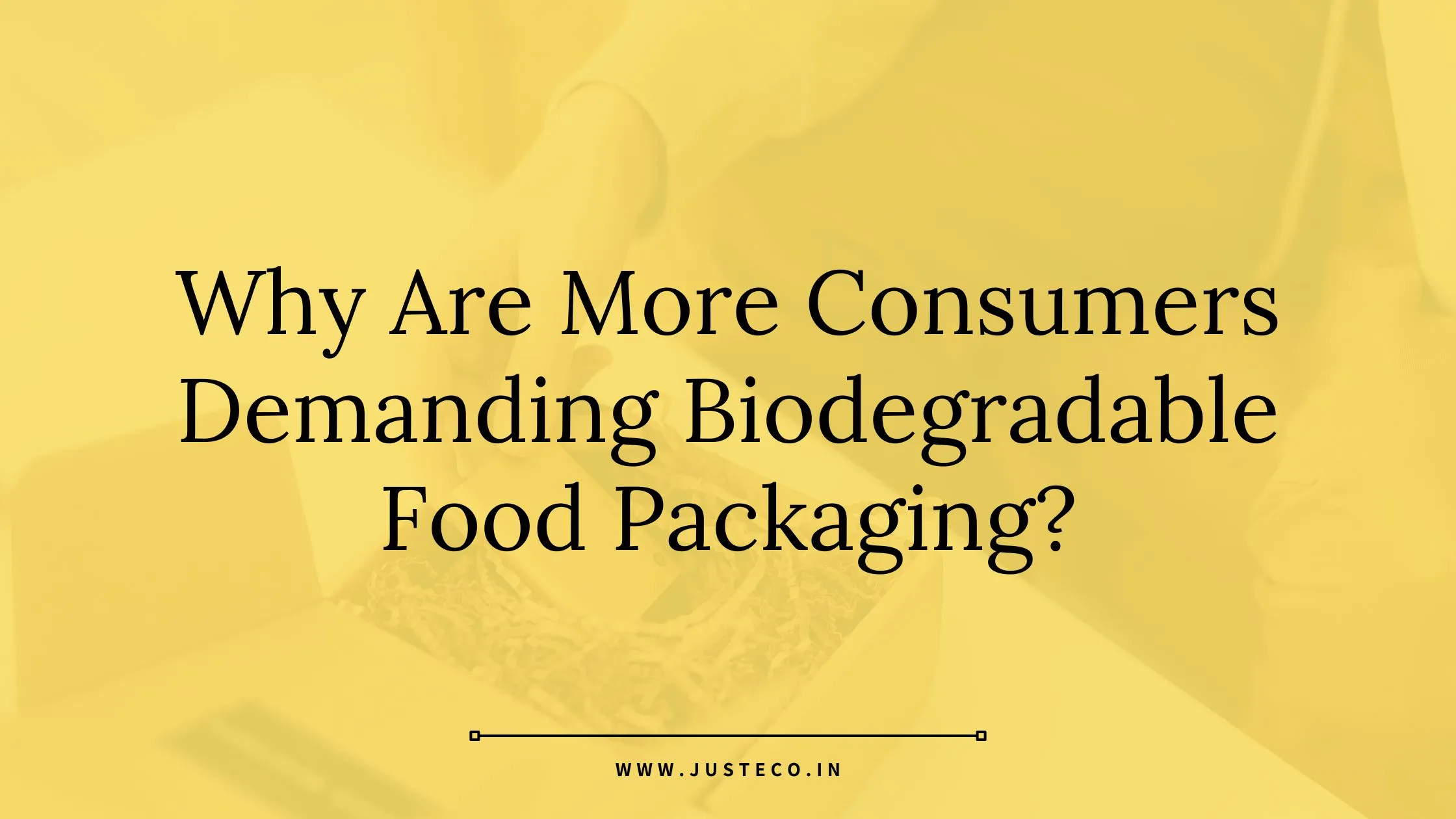As environmental awareness grows, more people are seeking alternatives to conventional plastic waste bags. Biodegradable garbage bags offer a promising solution to reducing plastic waste and minimizing environmental impact. In this comprehensive guide, we will explore the benefits of biodegradable trash bags, review the best options available, and provide guidance on proper disposal practices.
Table of Contents
ToggleWhat Are Biodegradable Garbage Bags?
Biodegradable garbage bags are designed to break down naturally over time through biological processes, reducing their impact on the environment. Unlike traditional plastic bags that take hundreds of years to decompose, biodegradable bags decompose within months to a few years under the right conditions. These bags are typically made from plant-based materials like cornstarch, PLA (polylactic acid), and PHA (polyhydroxyalkanoates), which accelerate the breakdown process.
Benefits of Using Biodegradable Garbage Bags
Environmental Advantages Over Traditional Plastic Bags
- Reduces Plastic Pollution: Unlike conventional plastic bags that persist in landfills and oceans for centuries, biodegradable bags decompose much faster, preventing long-term pollution.
- Lower Carbon Footprint: Many biodegradable bags are made from renewable resources, reducing reliance on fossil fuels.
- Safer for Wildlife: Traditional plastic bags pose a serious threat to wildlife when ingested or entangled. Biodegradable alternatives minimize these risks.
- Supports Sustainable Practices: By choosing biodegradable bags, consumers encourage manufacturers to invest in sustainable solutions.
Top Biodegradable Garbage Bags Reviewed
To help you make an informed choice, here are some of the best biodegradable garbage bags available:
1. UNNI 100% Compostable Trash Bags
- Material: PLA & PBAT
- Certifications: BPI Certified, ASTM D6400 Compliant
- Best For: Home composting and municipal composting programs
- Pros: Fully compostable, durable, leak-resistant
- Cons: Requires specific composting conditions to break down properly
2. BioBag Compostable Bags
- Material: Plant-based resin
- Certifications: OK Compost Certified, BPI Certified
- Best For: Kitchen compost bins
- Pros: Strong, tear-resistant, made from renewable resources
- Cons: Not ideal for heavy-duty waste
3. ProGreen Compostable Trash Bags
- Material: Cornstarch-based polymer
- Certifications: Meets ASTM D6400 standards
- Best For: Household waste, food scraps
- Pros: Large capacity, biodegradable within a few months
- Cons: Sensitive to moisture exposure
How to Properly Dispose of Biodegradable Bags
1. Composting
- Check if the bag is certified for home composting.
- Cut the bag into smaller pieces to speed up decomposition.
- Mix it with organic waste for better breakdown.
2. Municipal Composting Facilities
- Many biodegradable bags require industrial composting conditions.
- Check local waste management guidelines before disposal.
3. Landfill Disposal
- Some biodegradable bags may still end up in landfills, where decomposition is slower due to lack of oxygen and microorganisms.
- Opt for certified home-compostable bags to ensure proper breakdown.
Common Misconceptions about Biodegradable Bags
1. “All biodegradable bags decompose anywhere”
- Truth: Many require specific conditions like heat and moisture to break down.
2. “Biodegradable and compostable mean the same thing”
- Truth: Compostable bags break down into non-toxic components, whereas some biodegradable bags may leave behind microplastics.
3. “Using biodegradable bags solves plastic pollution”
- Truth: While they help, reducing overall plastic consumption and improving waste management are equally crucial.
Conclusion
Switching to biodegradable garbage bags is a simple yet impactful way to reduce plastic waste and support sustainability. By choosing certified, high-quality biodegradable bags and disposing of them correctly, you can contribute to a cleaner, greener planet.
Make the switch today and encourage others to adopt eco-friendly habits for a more sustainable future!









